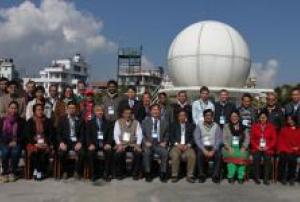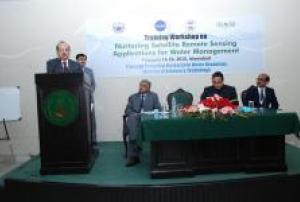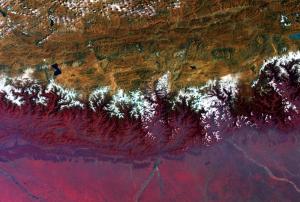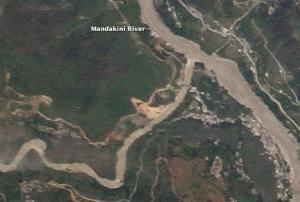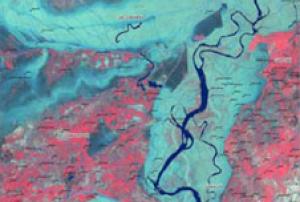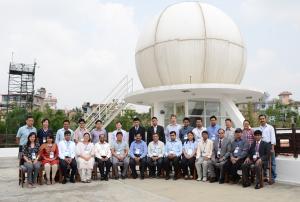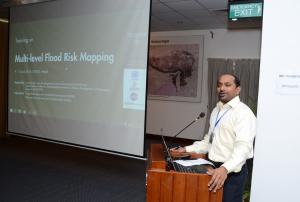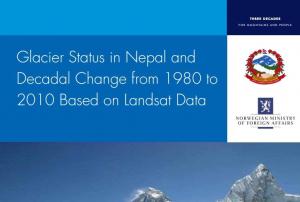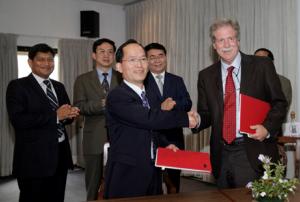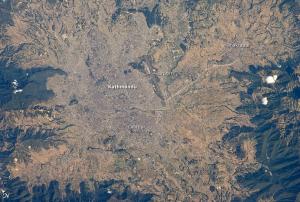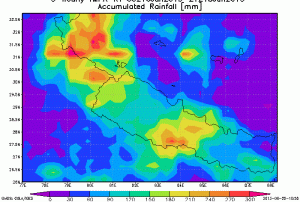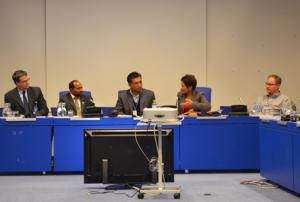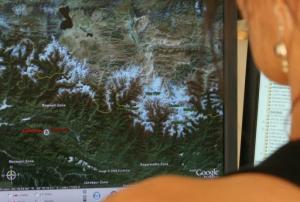The International Centre for Integrated Mountain Development (ICIMOD), UN-SPIDER's Regional Support Office in Nepal, organised a workshop on Rapid Response Mapping and Information system on 4 March 2015. The event took place under the framework of SERVIR-Himalaya, and in cooperation with the Japan Aerospace Exploration Agency (JAXA), the Asian Institute of Technology (AIT) and the Ministry of Home Affairs (MOHA) of Nepal.
The workshop had been conceived due to the increasing frequency of natural disasters across the world and in countries such as Nepal, and the important role of Space technologies in reducing their impact through disaster risk management. Many countries facing disaster events are lacking real-time data and...
more